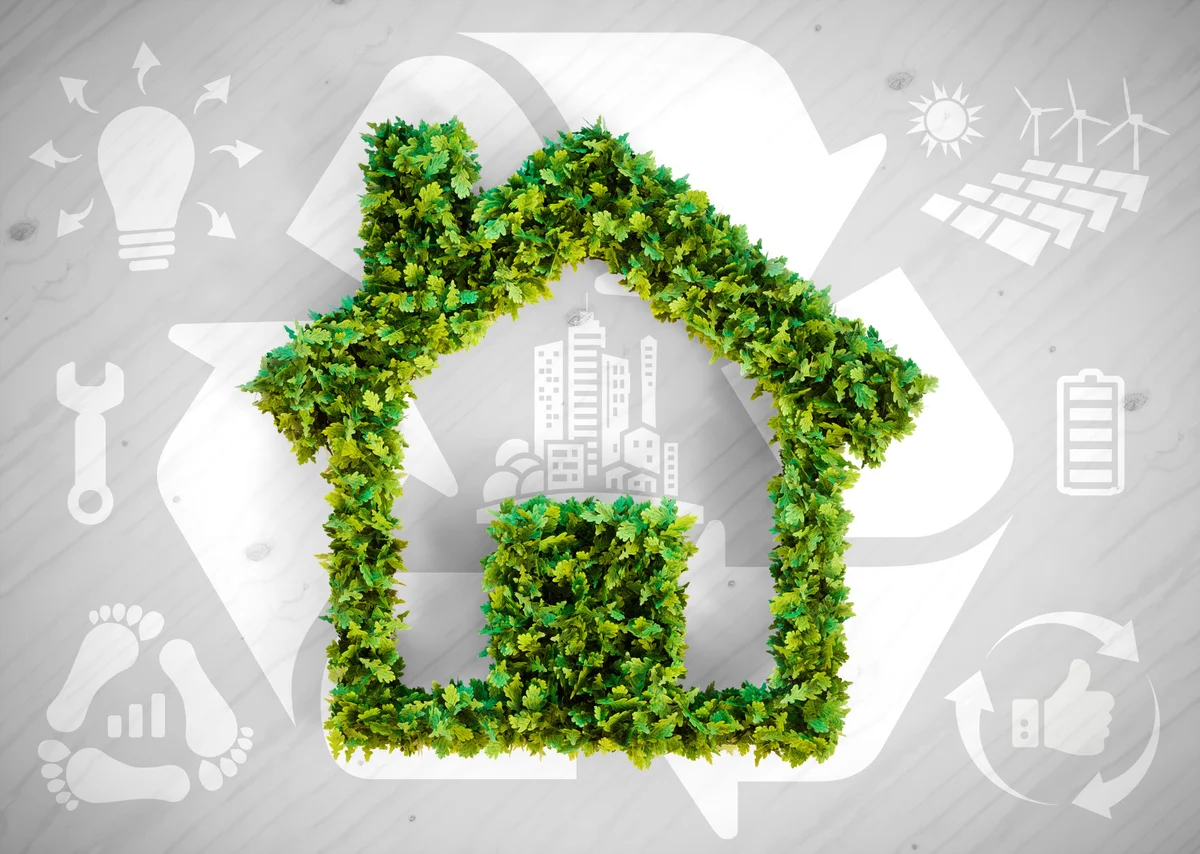How to Keep Your Pool Water Clean
You must be aware that a pool requires maintenance to continue enjoying the lovely, safe, and clean water. However, maintaining a pool in peak condition requires a lot of work, and the significance of keeping it clean is sometimes overlooked. But maintaining your pool, so it’s always available for guests and family to enjoy, only requires a few simple, routinely practiced tasks.
Tips For Maintaining Clean Pool Water
You must know that the absence of pool upkeep has resulted in a summerlong outbreak of parasites and microbes in the swimming water.
Here are some crucial actions to incorporate into your weekly pool care to maintain the water clear.
Keep Chemical Balances
Maintaining optimum chemical levels ensures your water is pristine and clear. Chlorine and pH are the main values. Utilize a water test kit to check the pH and chlorine levels multiple times a week. Restock your chlorine supply if the chlorine level is low. Add acid to the water in your pool to lower the pH.
Keep Your Pool Covered While It is Not in Use
One of the most important things is to keep your pool covered when it’s not in use. Doing this can avoid several issues, including the contaminating presence of leaves and insects in the water. A cover is used to further safeguard the pool’s construction and keep the water from getting dirty.
Remove the Debris and Leaves by Skimming
To keep it crystal clear and sparkly, you must eliminate organic matter like leaves, insects, and other debris from your pool’s water. Although your filter will catch smaller particles, huge objects won’t enter the system.
They can degrade if kept in the water for too long, leaving the pool hazy and unclean. Make it a routine to skim the pool frequently to get rid of heavier particles. When you need to skim your pool depends on the conditions of the area around it, maybe multiple times a day.
Brush Rubbish from Swimming Pool Walls
Your pool’s walls, as well as accessories like ladders and slides, may become covered in algae and small pieces of detritus. Weekly basis, brush the pool’s walls and appliances to remove contaminants and stop the growth of algae.
With a brush, clean the debris that has accumulated on your pool’s walls, bottom, staircases, slides, and other accessories. To make silt easier to vacuum up, move sediment to the drain field.
Also Read: Atomic Absorption Spectroscopy: What is it?
Pool Vacuuming
All that’s left to do after brushing the algae and silt off the walls is to vacuum them up, along with any other trash that may have settled on the swimming pool’s floor. To prevent debris buildup, you should ideally vacuum a pool once every week. Additionally, vacuuming your water will stop algae growth and help your pool’s chemicals function more effectively.
You’ll need to get a pool vacuum if you don’t already have one. If you’re looking for top-notch pool cleaning equipment, visit Clark Rubber.
Conclusion
One of the best things about having your pool is being able to use it as a place to relax and have fun in the sun. Knowing how your pool functions, comprehending the maintenance it requires, and making plans ahead of time may lead you to take pleasure in your ability to take care of your pool. Along with enjoying your swim, proper pool maintenance will also provide you peace of mind.




